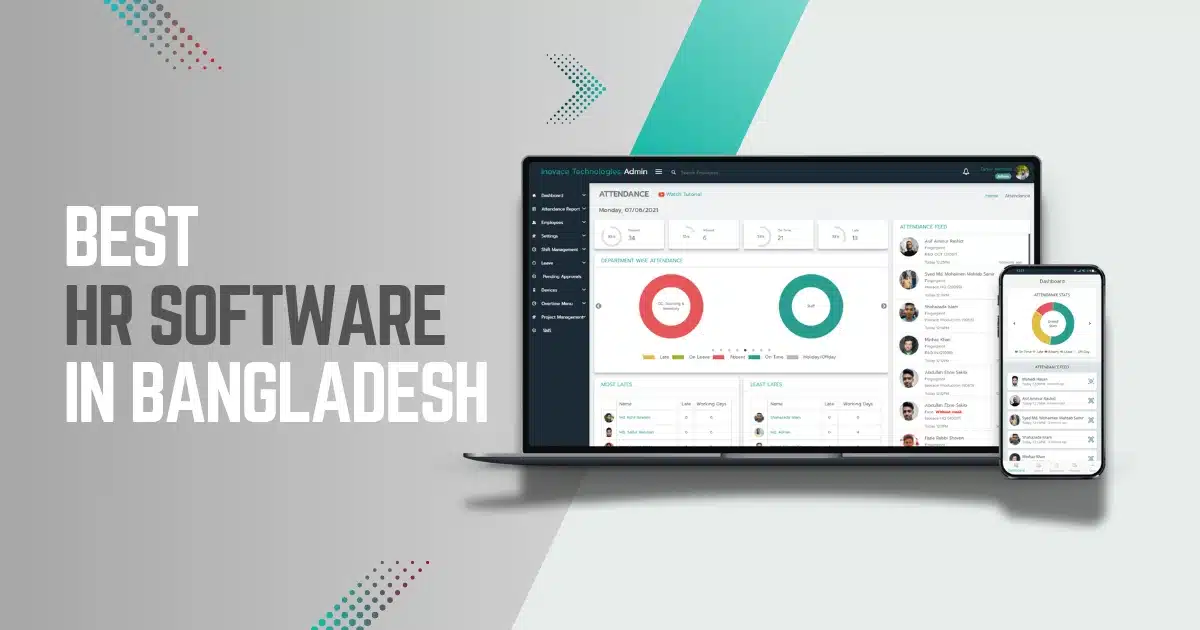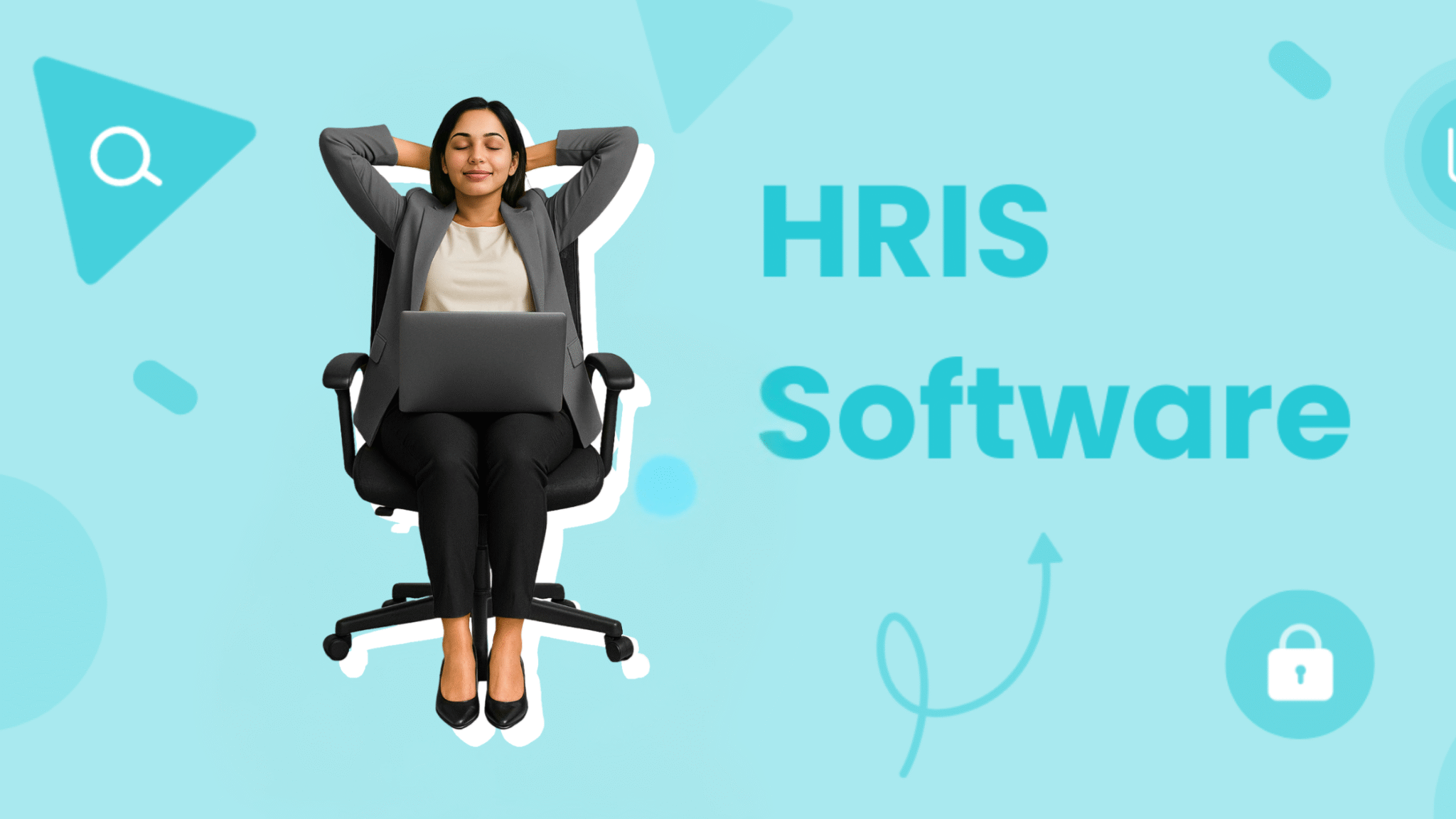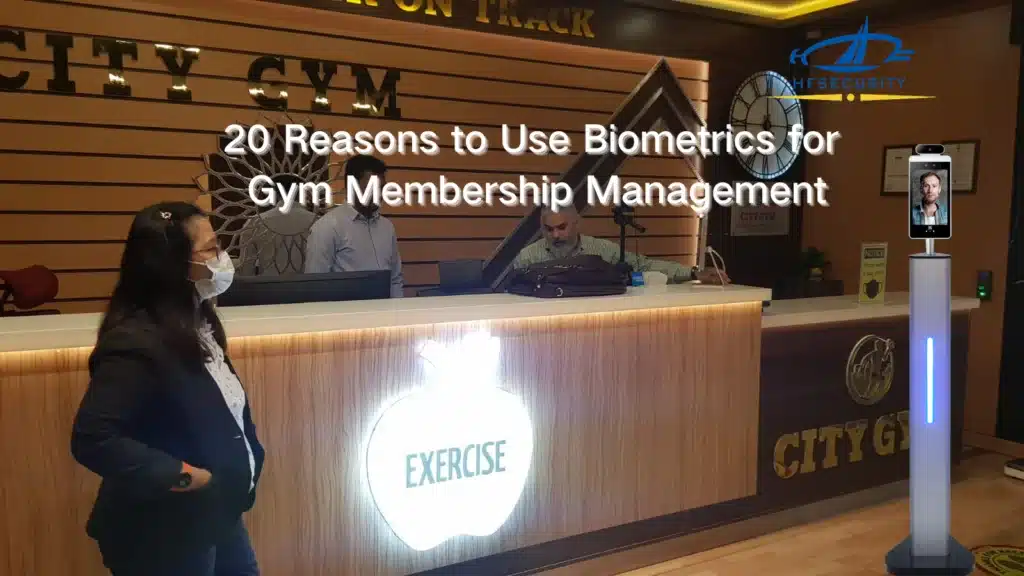Configuring geo-specific labor laws in HR clouds can be tricky. Labor laws differ by region. HR cloud systems help manage this. They help businesses comply with local laws. This guide will show you how to do it.
Understanding Geo-Specific Labor Laws
Labor laws are rules about work. These rules change in different places. Some places have strict rules. Others have fewer rules. Knowing these rules is important. It helps businesses avoid problems.
Why Configure Geo-specific Labor Laws?
Each region has its own laws. This means a business must follow different rules in each place. Configuring these laws in an HR cloud helps. It makes sure the business follows all the rules.
Steps to Configure Geo-Specific Labor Laws
Here are the steps to configure labor laws in an HR cloud. Follow these steps to stay compliant.
Step 1: Identify The Regions
First, identify the regions where your business operates. List all the places. Each place has its own set of labor laws.
Step 2: Research Local Labor Laws
Next, research the labor laws in each region. You can find this information online. Make sure to check official websites. Write down the important rules.
Step 3: Choose An Hr Cloud System
Choose an HR cloud system that supports geo-specific configurations. Look for one that is easy to use. Make sure it can handle multiple regions.
Step 4: Enter The Labor Laws
Enter the labor laws into the HR cloud system. Do this for each region. Make sure the information is correct. Double-check your work.
Step 5: Test The Configuration
Test the configuration to make sure it works. Check if the system follows the rules. Fix any problems you find.
Credit: market.us
Important Features in HR Cloud Systems
HR cloud systems have many features. Some are very useful for managing labor laws. Here are some important ones.
Compliance Management
This feature helps keep track of labor laws. It makes sure the business follows all the rules. It can alert you if there are changes in the laws.
Automated Updates
Some systems can update labor laws automatically. This is very helpful. It saves time and reduces errors.
Reporting Tools
Reporting tools help you see if the business is following the laws. They can show where there are problems. This helps fix issues quickly.
Benefits of Configuring Labor Laws
Configuring labor laws in an HR cloud has many benefits. Here are some of them.
Ensures Compliance
It helps ensure the business follows all the rules. This avoids legal problems and fines.
Saves Time
It saves time by automating tasks. This means less work for HR staff.
Reduces Errors
It reduces errors by keeping all information in one place. This makes it easier to manage.

Credit: www.nationalgeographic.com
Common Challenges and Solutions
There can be challenges when configuring labor laws. Here are some common ones and how to solve them.
Challenge: Keeping Up With Changes
Labor laws can change often. It can be hard to keep up. Use a system with automated updates to solve this.
Challenge: Managing Multiple Regions
Managing labor laws in many regions can be complex. Use an HR cloud system that supports multiple regions.
Challenge: Entering Correct Information
Entering information correctly is very important. Double-check your work to avoid mistakes.
Frequently Asked Questions
What Are Geo-specific Labor Laws?
Geo-specific labor laws are regulations that vary by location. They cover wages, hours, and conditions.
Why Configure Labor Laws In Hr Clouds?
Configuring labor laws ensures compliance. It helps manage diverse regulations across different regions.
How To Start Configuring Labor Laws?
First, identify all relevant laws. Then, set these rules in your HR cloud system.
Can Hr Clouds Handle Multiple Regions?
Yes, HR clouds can manage labor laws for multiple regions. They automate compliance across locations.
Conclusion
Configuring geo-specific labor laws in HR clouds is important. It helps ensure compliance. Follow the steps in this guide to do it right. Use the features of HR cloud systems to make it easier. This will save time and reduce errors. Keep up with changes in labor laws. This helps avoid problems. By doing this, your business can operate smoothly. It will follow all the rules in each region. This is good for the business and its employees.










